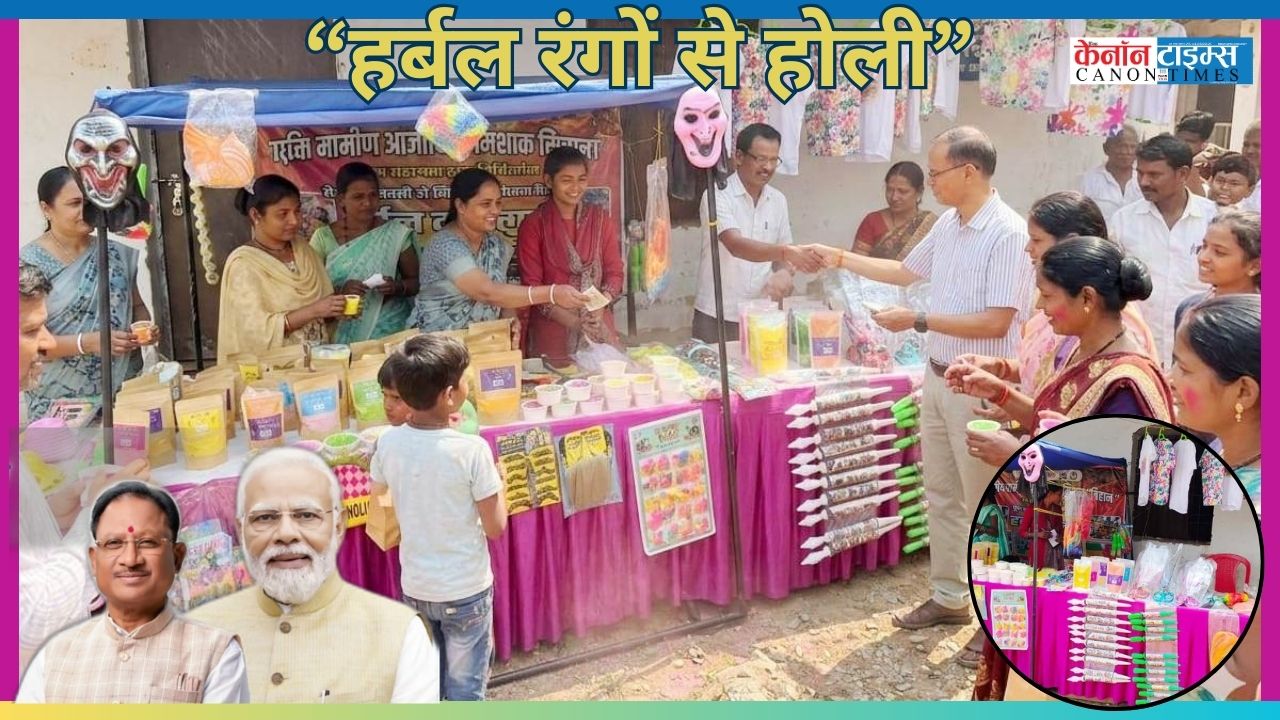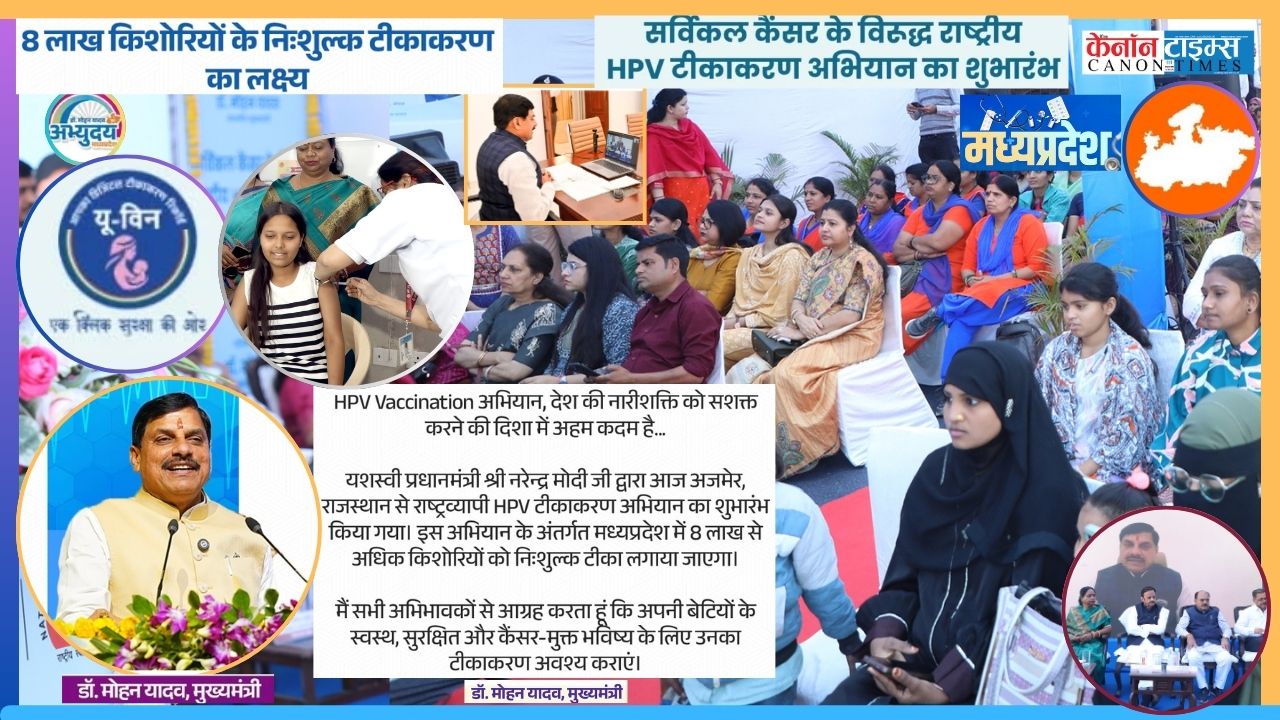Madhya Pradesh Government Approves New “Mukhyamantri Sugam Parivahan Seva” Initiative and Other Key Decisions
CANON TIMES Bhopal, April 1, 2025:
Under the leadership of Chief Minister Dr. Mohan Yadav, the Cabinet meeting held on Tuesday at the state secretariat saw the approval of several pivotal decisions that will shape the future of public services in Madhya Pradesh. Among the major resolutions passed was the approval for the launch of the “Mukhyamantri Sugam Parivahan Seva” (Chief Minister’s Accessible Transportation Service), aimed at enhancing travel options for citizens across urban and rural areas of the state.
Chief Minister’s Accessible Transportation Service Launched
The “Mukhyamantri Sugam Parivahan Seva” is designed to provide organized, safe, and efficient bus transport services on ordinary and rural routes, catering to both urban and rural populations. The service will operate under a well-planned framework, focusing on traffic management, route surveys, and optimal bus frequency. A total of ₹101.2 crores have been allocated as seed funding for the project.
In a major restructuring, the state government approved the formation of a state-level holding company, which will oversee the regional bus transport companies. Currently, 20 cities in Madhya Pradesh operate public transport under separate Special Purpose Vehicles (SPVs), 16 of which are operational. These companies will now be merged into seven regional subsidiaries under the state-level holding company, ensuring better coordination and management of transportation services across the state.
Additionally, the Cabinet approved the dissolution of the existing regional transport companies in Rewa and Gwalior and the formation of new regional subsidiaries for these areas, streamlining operations and enhancing efficiency.
Enhanced IT Infrastructure for Efficient Transport Operations
A robust IT platform will be established to regulate private bus operators through a transparent and efficient system. This platform will enable real-time bus tracking, e-ticketing, and cashless services, ensuring smooth operations and enhanced passenger experiences. Service Level Agreements (SLAs) and Key Performance Indicators (KPIs) will be closely monitored to ensure that bus operations remain reliable, safe, and punctual.
Moreover, the state’s new bus system will feature integrated multimodal transport options, helping passengers with last-mile connectivity and offering seamless travel across different modes of transport. This initiative aligns with the government’s goal to improve infrastructure quality while maintaining a strong focus on passenger convenience.
Revision of Government Employees’ Allowances
In another significant decision, the Madhya Pradesh Cabinet approved the revision of various allowances for government employees. This will result in an additional annual financial burden of approximately ₹1500 crore on the state government. Key revisions include an increase in House Rent Allowance (HRA) based on city classifications and enhanced allowances for various categories such as daily allowance, travel allowance, and transfer grants.
The state has also introduced a higher gratuity payment for employees in case of death, increasing the maximum compensation to ₹1.25 lakh. Additionally, employees working in financial management systems and the state’s hospitality division will now receive ministerial-level allowances, ensuring parity with similar roles in the Secretariat.
Historic Site in Chhatarpur Declared a Sacred Area
In a move to preserve the cultural heritage of the region, the Cabinet has decided to declare the ancient Mata Bambarbaini Temple site in Chhatarpur as a sacred area. The site, located in the village of Lavkushnagar, will now receive special attention for preservation and conservation. This decision highlights the state’s commitment to safeguarding its religious and historical landmarks.
These decisions mark a significant step towards modernizing public transport and improving the living standards of government employees, while also preserving the rich cultural heritage of Madhya Pradesh. As these initiatives move forward, the state aims to create a more sustainable, efficient, and equitable system for its citizens.
Author: This news is edited by: Abhishek Verma, (Editor, CANON TIMES)
Authentic news.






